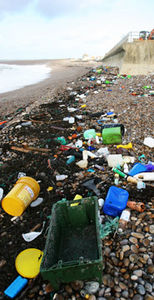OF THE
TIMES
Heaven and hell are eternal places because they are always present at the extremes of human existence, for better or for worse. People are constantly choosing between them, although they are generally not conscious of that in an articulated manner.
After thousands of years, and using modern technology, the only information that is conveyed from the analysis, from one of the most noted...
All the dipshits that support Ukraine, Israel, the military industrial complex, and corporations, deserve to have everything stripped from them....
Run Bibi Run....hitch a ride on a SpaceX flight to Mars ! No ICC/Nuremberg on Mars....
NASA scientists are puzzled yet again. It's a step up from being baffled. Water on Mars is more abundant and accessible than we are being told....
listening to this dialogue from Neill Oliver reminded me of this interview from Planet Lockdown with Cathrine Austin Fitts, where she laid out the...
To submit an article for publication, see our Submission Guidelines
Reader comments do not necessarily reflect the views of the volunteers, editors, and directors of SOTT.net or the Quantum Future Group.
Some icons on this site were created by: Afterglow, Aha-Soft, AntialiasFactory, artdesigner.lv, Artura, DailyOverview, Everaldo, GraphicsFuel, IconFactory, Iconka, IconShock, Icons-Land, i-love-icons, KDE-look.org, Klukeart, mugenb16, Map Icons Collection, PetshopBoxStudio, VisualPharm, wbeiruti, WebIconset
Powered by PikaJS 🐁 and In·Site
Original content © 2002-2024 by Sott.net/Signs of the Times. See: FAIR USE NOTICE

Reader Comments
to our Newsletter